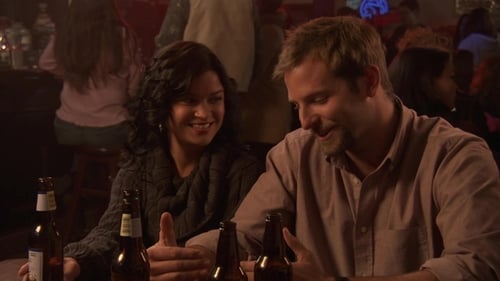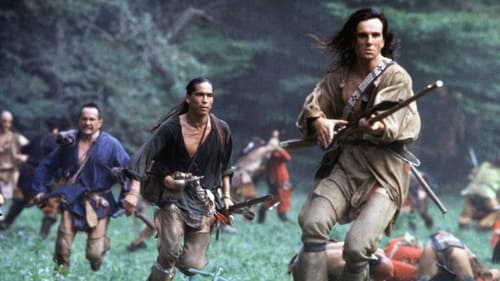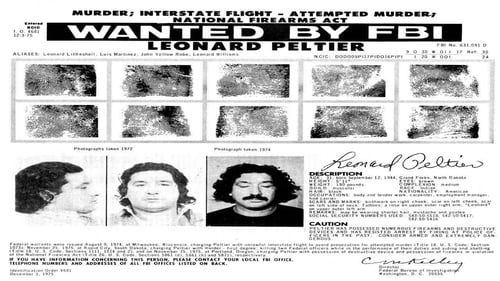Dennis Banks
Nacimiento : 1937-04-12, Leech Lake Indian Reservation, Minnesota, USA
Muerte : 2007-10-29
Historia
Dennis Banks (Ojibwe) was a Native American activist, teacher, and author. He was a longtime leader of the American Indian Movement (AIM), which he co-founded in Minneapolis, Minnesota, in 1968 to represent urban Indians.



